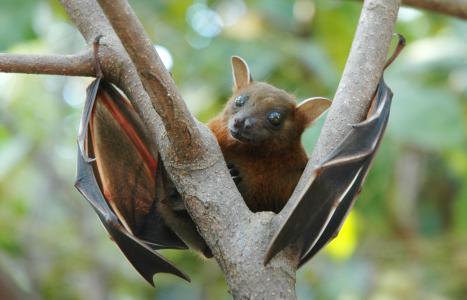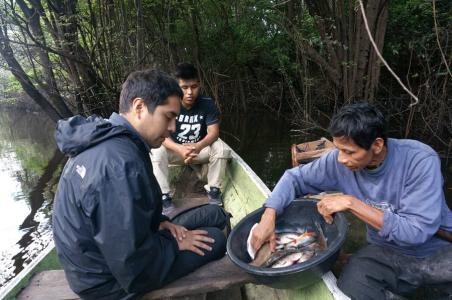The Globe and Mail: University of Victoria Researcher Close to Developing Syphilis Vaccine
By Andrea Woo
A University of Victoria researcher says she and a colleague are close to developing a vaccine for syphilis, a disease that has reached its highest rates in B.C. in 30 years.
Microbiologist Caroline Cameron and Sheila Lukehart, a professor in the University of Washington’s department of global health, have received a nearly $3-million grant from the U.S. National Institute of Allergy and Infectious Diseases at the National Institutes of Health. The grant will help fund preclinical trials.


